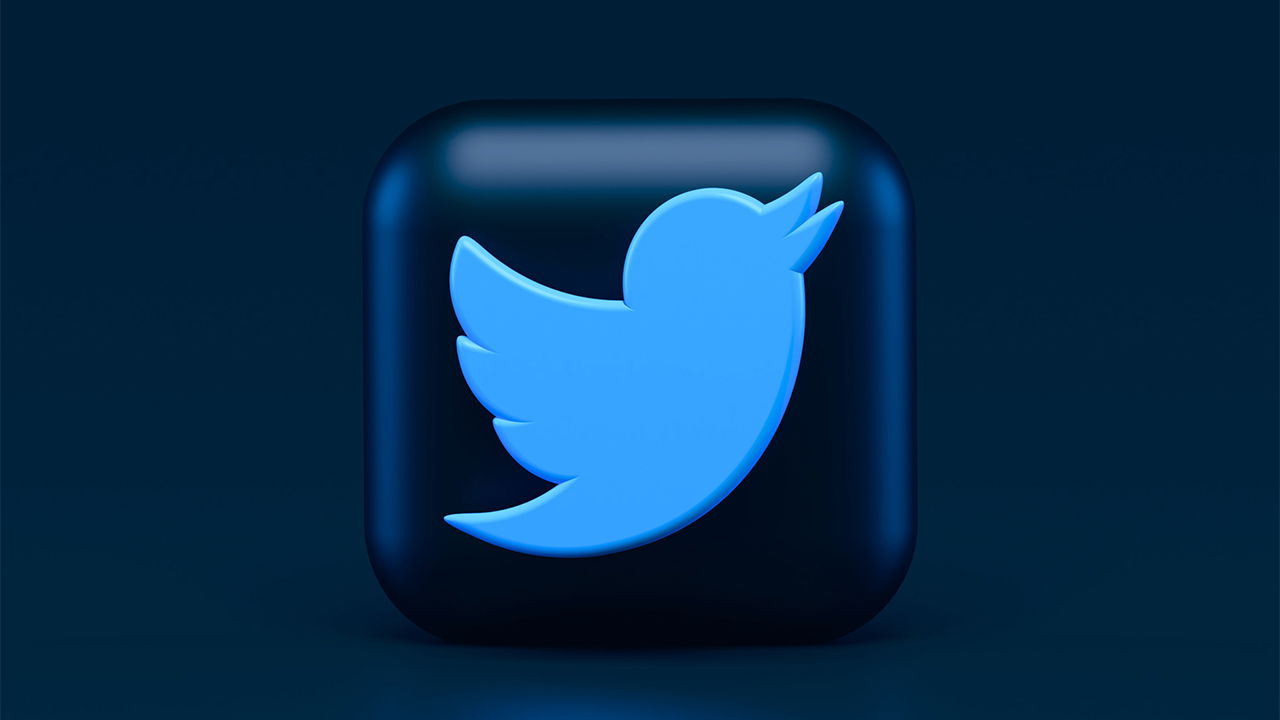
Self-Harm Posts Jump 500 Percent on Twitter
Movieguide® Contributor
Self-harm posts have increased by 500% on Twitter in the last year, according to a study by The Network Contagion Research Institute (NCRI) and Rutgers University.
The self-harm hashtag, #shtwt, was tweeted 3,880 times in October of 2021, but by July 2022, the hashtag jumped to 30,000 mentions per month.
The study revealed that Twitter and other social media companies have done little to limit or censor this kind of material.
Someone could simply search the #shtwt hashtag or “self-harm” on Twitter and would at first see a public service announcement, a crisis mediation number and a website. However, if the user scrolls further, graphic images appear.
The Jed Foundation, a nonprofit organization focused on mental health and suicide prevention in teens and young adults, concluded that 1 in 5 teenagers have self-harmed.
While the increase in self-harm content doesn’t necessarily mean more people have turned to self-harm, it does suggest that people have turned to Twitter for their mental health battles.
Jed Foundation’s senior advisor, Janis Whitlock, stated that self-harm online groups can help each other bond and keep one another accountable. However, more damage is done since Twitter does not monitor these groups.
“Communities that are focused on hope and healing don’t share gory pictures, they’re not getting more ideas on how to cut more deeply,” Whitlock said. “What we know is not healthy is exactly what is happening there.”
Twitter’s self-harm and suicide policy forbids people from “encouraging someone to physically harm or kill themselves” or “asking others for encouragement to engage in self-harm or suicide, including seeking partners.”
Although Twitter has this policy in place, users can still find posts for teenagers looking for other users who self-harm.
While Twitter should be held accountable for this, Jacqueline Sperling, a clinical psychologist at Harvard Medical School, adds that the issues driving users to this kind of content should also be addressed.
“Companies should fine-tune their algorithms, but at the same time, we should consider, how can we empower the user, so they can be informed about how different behaviors impact their mood?” she said.
Movieguide® recently reported on the effects social media has on young people:
There’s no denying that the media and internet have a hold on young people’s lives. According to a survey conducted by the Pew Research Center in 2018, Snapchat, Instagram and YouTube are the most popular social media sites for teenagers, with 95% having access to a smartphone and 45% saying they’re on it constantly. The effect social media has on teenagers spurred a UK professor to investigate the issue, and his results are startling.
Louis Appleby is a professor at the University of Manchester and leads the National Suicide Prevention Strategy for England. Appleby conducted a study between 2014 and 2016 where he investigated the clinical reasons behind suicide. The Telegraph relays the findings, “the research into 595 suicides by young people aged under 20 showed 128 had used the internet in a way that was suicide-related.”
Appleby notes that although many cases for self-harm are spurred by poor health, bullying, school-related anxiety, and relational stress, social media is normalizing self-harm further. Appleby also found that financial and emotional deprivation was also a cause. “It [self-harm] becomes something that transmits across the subculture of young people, it becomes part of how they talk about their lives, how they talk about stress, and how they expect to respond when stresses occur,” Appleby said.
Questions or comments? Please write to us here.


 - Content:
- Content: 

